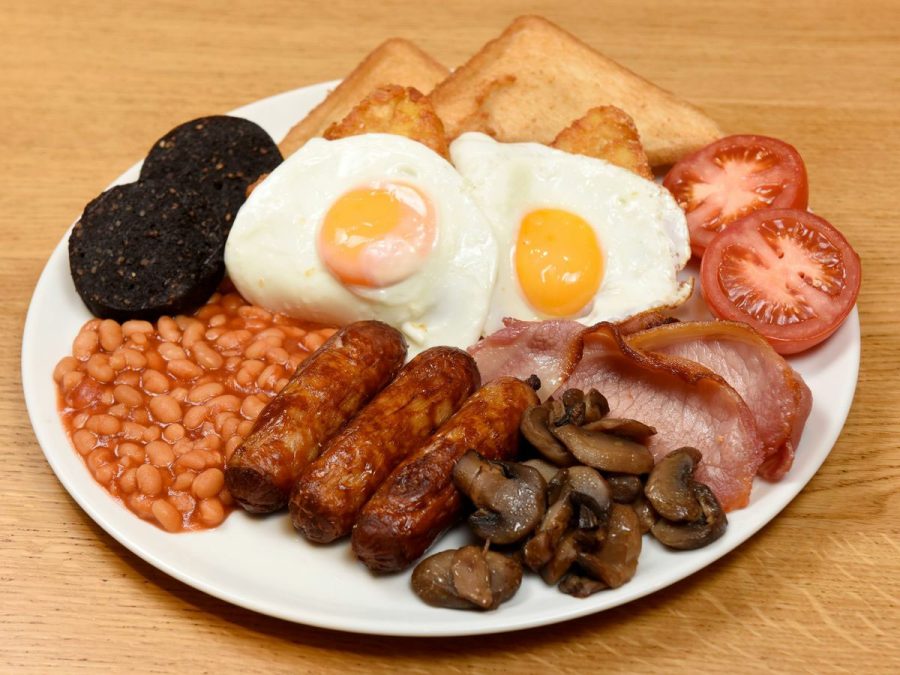A big breakfast may help you burn
more calories. People who
eat a big breakfast burn twice as many calories compared with those who eat a larger dinner, according to a new study.
Over the course of 3 days, researchers evaluated 16 men who alternated eating a low-calorie breakfast and a high-calorie dinner and vice versa.
Eating a high-calorie breakfast was linked to lower hunger pangs and sweet cravings throughout the day.
Breakfast has long been deemed the most important meal of the day.
What we eat and drink after waking up has been shown to have a big impact on our cognitive performance, mood, and energy levels throughout the day.
People’s metabolisms are more active after breakfast
Then, the diet-induced thermogenesis (DIT) — a measure of how well the body is metabolizing food — was tracked in the participants, as was overall hunger, blood glucose levels, and cravings for sweets. The researchers discovered that, on average, the participants’ DIT was 2.5 times higher after breakfast versus after dinner, essentially showing that people’s metabolisms are more active after their morning meal.
Additionally, eating a high-calorie breakfast was linked to lower hunger pangs and sweet cravings throughout the day.
Compared with a richer breakfast, a low-calorie breakfast is more likely to cause snacking throughout the day. Plus, those who eat smaller breakfasts tend to eat larger meals at dinner, according to the researchers.
People’s insulin — a hormone that helps turn food into energy — and blood glucose, which is used for energy, were also lower after breakfast compared with after dinner.
The findings may have huge implications for people looking to lose weight, along with those with diabetes who have higher than normal blood glucose levels. Skipping breakfast slows metabolism and causes cravings
According to the researchers, skimping out on breakfast is a common dieting practice tried by many hoping to lose weight. But researchTrusted Source has shown that people who eat less for breakfast often snack more and overeat later in the day, derailing their weight loss goals. Dr. Minisha Sood, an endocrinologist at Lenox Hill Hospital in New York City, says she sees people skip breakfast time and time again in an effort to control their calorie intake.
“This goes against our normal circadian rhythms, and for some with a strong morning hunger signal, it can lead to overindulgence once the fast is ‘broken’ at the midday meal,” Sood told Healthline.










